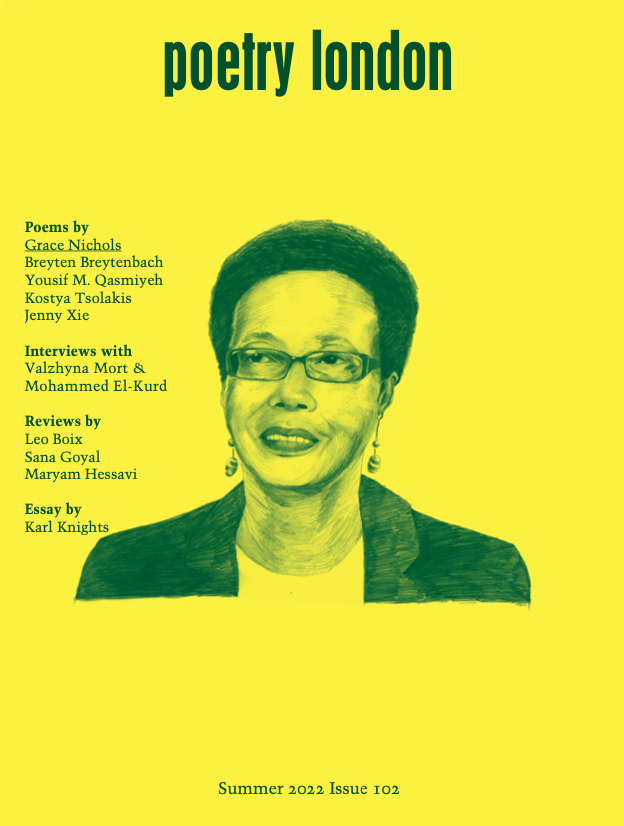The Materiality of Griko: Language as Sounds and Images
Manuela Pellegrino
In this exclusive textual-visual presentation on three poems originally composed in Griko—the language of Greek origins spoken in the Southern Italian province of Lecce, in Grecìa Salentina (Puglia)—the writer and academic Manuela Pellegrino introduces us to the beauties and complexities of this seriously endangered language. You may watch the video Ce àrtena (“And Now”) – they are accompanied by photographs taken by Daniele Coricciati, who curated the video, and by instrumental compositions written and played by Palmiro Durante – by clicking here.
Music and photography can be regarded as languages in themselves, languages that speak without words. However, a language—in its strict sense—is made up of both sounds and images: the sounds it conveys through the very voice of the speaker, and the images evoked through the memory of language use. If this holds true for any language, this aspect acquires further relevance when dealing with Griko, whose story is long and complex. Transmitted orally from generation to generation, it has long been considered a ‘dying language’. In the majority of Griko-speaking villages it stopped being transmitted as a mother-tongue in the post-WWII period, when locals came to internalize it as ‘a language of the past’ and of backwardness in symbolic opposition to Italian. Today Griko is no longer used primarily as a language of daily exchange, but memories of language use are alive and contribute to shaping its forms and use up to the present.
Interestingly, locals often comment with regret that Griko lacks the resources, the words to describe modernity and the present because its lexicon has mostly remained anchored to the peasant world and family domain. This is a dominant language ideology that considers Griko “a language from and of the past”, the language of expression of a world that no longer exists as remembered. To speak or write about the present locals in fact tend to resort to borrowings or adaptations from the local ‘dialect’ – the local Romance variety of Salentino – from Italian or more recently from Standard Greek. This opens up heated debates regarding the authenticity of Griko and its linguistic practices, about what is aesthetically and morally ‘right’ for the language. Beyond such debates, locals keep resorting to poetry, privileging it to prose, since, being longstanding and widespread, they recognize it as an authentic practice: composing in Griko allows them therefore to overcome moral and aesthetic preoccupations about the future of the language. Such a shift from the ‘traditional’ oral communication in Griko to the written mode has throughout time built a material legacy on which people rely and to which they continue to contribute. Indeed, on the occasions of cultural events dedicated to Griko, the language is itself immersed in a performative aura; locals read or recite their own or others’ poems. Moreover, poems may be set to music and songs, further enriching the material presence of Griko. What I have observed and experienced through year-long fieldwork in Grecìa Salentina is indeed how Griko has increasingly been used as a performative resource and for performative ends precisely while its communication function – strictly defined – continued to decrease. Writing poems, reciting and singing them: it is through this performative tradition that Griko has reached the present, despite the fact that it is no longer used as a language employed for communication.
It is therefore no coincidence that in the last few years I found myself experimenting with Griko words, embracing them creatively – and more intensively during the Covid-19 lockdown when I wrote these poems. The video itself was put together in June 2020 following the invitation by the CHS to contribute to Delphic Preview: The Festival of the Muses. I was thrilled to show the creative ways in which Griko is and can still be used and how its materiality – made up of sounds and images embedded in time – continues to generate paths to its future. To me, Griko is a language of familiar sounds, yet one I set myself the goal to learn when I was twenty-nine and embarking on a PhD in anthropology to trace its history and contextualize its present. Through this project my anthropological research on this language, my artistic (and long repressed) drives, and the echoes of my own life flow into one another. Griko, its people, and the social dynamics associated with it, will continue to be the object of my anthropological investigation; yet, as the grand-daughter and daughter of Griko-speakers whose memory I carry with me, Griko for me is also—and also for me—a language of sounds and images.


